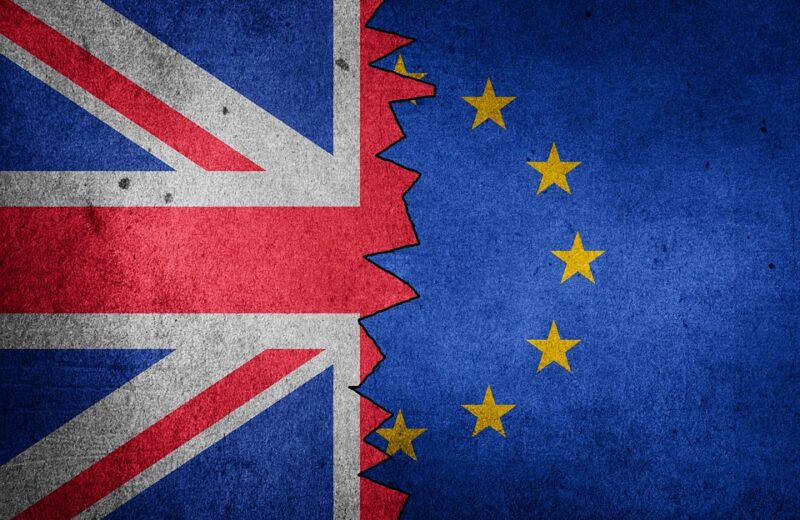UK government publishes ‘no deal’ Brexit paper

The UK government has published a series of guidance papers in case no deal is made on Brexit negotiations with the European Union (EU).
The public voted in a June 2016 referendum to withdraw from the EU and the government has until 23:00 local time on March 29 2019 to make a deal with the EU. After this time, the UK will no longer be part of the EU unless there’s a major shift.
Aviation forms a large part of the deal. As part of the EU, UK airlines are allowed to fly scheduled commercial services between European cities without specific EU approvals. Being part of the EU also means that the UK benefits from the EU’s agreements with other countries on air services, including the US.
Without an inclusive agreement in place, the UK would need to negotiate specific agreements with individual countries. In the UK government’s papers, the worst-case scenario if no deal is reached in the Brexit negotiations is that flights from the UK would need to be halted temporarily until new agreements are in place.
“If the UK leaves the EU in March 2019 with no agreement in place, UK and EU licensed airlines would lose the automatic right to operate air services between the UK and the EU without seeking advance permission,” said the government in its paper.
A no-deal Brexit could also affect the freedom of British people in the EU, and vice versa. Although the UK is not part of the Schengen Area (a group of 26 European countries that removed passport controls at their mutual borders) British citizens are free to move between countries without any controls in place, aside from a cursory passport check once they enter the Schengen area.
Currently, all aircraft, airmen and maintenance centres have approvals under EASA – the European Aviation Safety Agency. The UK is negotiating with the UK to accept its aviation standards, whilst the EU is negotiating to get the UK to accept its aviation standards. If no deal is made, all aircraft, airmen and maintenance facilities would need to be recertified to a new standard.
As well as the UK’s physical aviation assets, it is also part of Eurocontrol, a pan-European agency that ties together the skies over Europe, making it easier for aircraft to fly within Europe, as well as over European airspace.
The airways over the UK are among the world’s busiest, not only with European airlines transiting UK airspace on their way to the US but also with US airlines flying over the UK on their way into European cities. If the UK were to lose its Eurocontrol membership, new airways would need to be drawn up, most likely meaning that during a transitionary period the skies over the UK would be quiet.
Although the government’s papers paint the worst-case scenario, Westminster insists that replacement arrangements will be in place in case no deal is made.
“These numbers paint a picture of the level of uncertainty amongst the British public with regards to Brexit. If there is a ‘No Deal’ outcome then the UK Government needs to start planning and reassuring the British public that the transport system in the UK will operate as usual.” Said Ed Thomas, UK head of transport, KPMG. “The Government also needs to analyse the impacts on business of any backlog of containers and lorries at UK ports and ensure that appropriate contingency planning is in place.”








